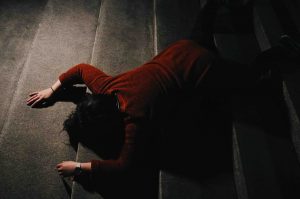 When faced with a murder charge in Chicago, you have options. You do not have to immediately admit to the crime. You also do not have to take your chances with a jury to see if it will convict you. Murder is a serious charge, if not the most serious charge, so you need to have a skilled criminal defense attorney by your side to craft a strong defense to the charge. Today, we will examine the common defenses to second degree murder charges so you can fight for your freedom.
When faced with a murder charge in Chicago, you have options. You do not have to immediately admit to the crime. You also do not have to take your chances with a jury to see if it will convict you. Murder is a serious charge, if not the most serious charge, so you need to have a skilled criminal defense attorney by your side to craft a strong defense to the charge. Today, we will examine the common defenses to second degree murder charges so you can fight for your freedom.
Claim Insanity
You have likely heard it on the news before and it might be a good defense for you to attempt if charged with second degree murder, and that is to claim insanity. Even if claiming insanity is permitted in your jurisdiction, it does not mean that it will clear you of the responsibility associated with second degree murder. You could be issued a guilty verdict with mental illness attached to it, which means you still knew what you did was wrong. In other jurisdictions that permit full insanity, if you can prove your mental illness, then you will not be held accountable for the crime.
 Chicago Criminal Lawyer Blog
Chicago Criminal Lawyer Blog











